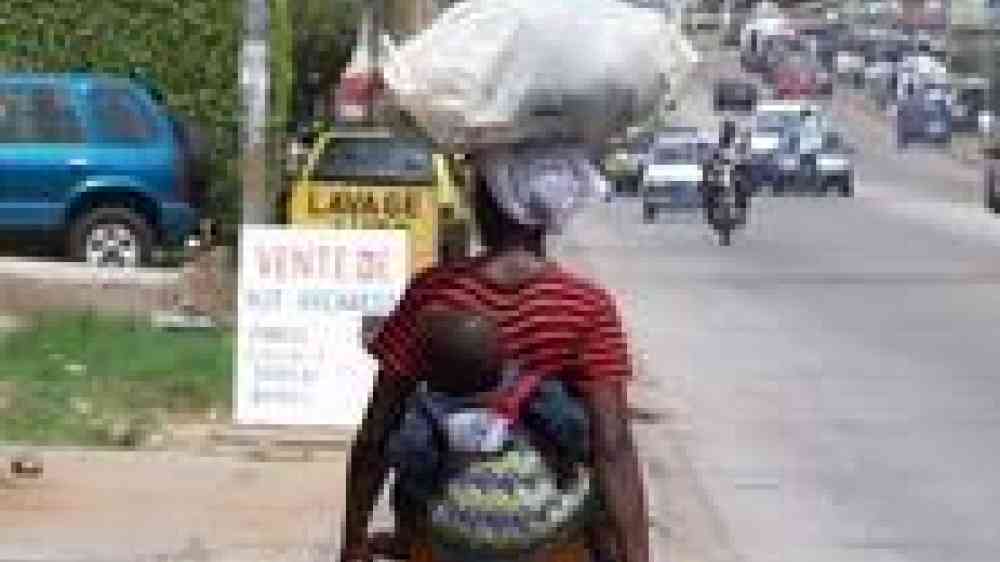
Gaps that exist in policy, programmes, plans and challenges around decision making at the local and national level are too often related to lack of gender integration and the lack of putting in place systems to support their implementation and monitoring.
Millions of poor women and men have been toiling in the fields for most of their lives and for long hours. They have limited access to resources and information to produce food for their families, much less to contribute to the agricultural sector of their countries. Negotiators in Durban should recognize women’s and men’s knowledge, capacities and voice in climate change adaptation and mitigation and provide space in the decision-making processes to ensure their inclusion.
Ignoring gender in the negotiations is like saying we can--and should--let vulnerable people, who are mostly women, continue to suffer the consequences that occur as a result of flooding, drought and food security in many parts of world. Climate change threatens to unravel women's lives, particularly as women in rural areas often lack knowledge--or access to climate information--about the imminent dangers it poses. Women and children in Africa are often the most affected even though they least contributed to climate change.
CARE recognizes and appreciates the progress made in Durban in including gender in the negotiation text. For example in the National Adaptation Plans (NAPs) for least developed countries, Parties reaffirm “…that enhanced action on adaptation should … follow a country-driven, gender-sensitive, participatory and fully transparent approach, taking into consideration vulnerable groups, communities and ecosystems…” This affirmation demonstrates their intention for gender inclusion and will be an avenue for integrating gender in national adaptation plans.
What remains is to interpret the above statement into reality. Parties have frequently made reference to governments and organizations spending time and resources to develop good gender-sensitive and community driven plans – plans that sometimes end up remaining on the shelves and which cannot be practically implemented.
After Durban, Parties must facilitate implementation and monitoring of climate change plans in collaboration with private sector, non-governmental organizations and international agencies and should allocate resources to make this a reality. Many actors and decision makers do not have a solid understanding of how to integrate gender in plans and programmes. There is need to allocate resources to enhance capacity at all levels--at the local and national level--to make the integration of gender and gender equality a reality.
